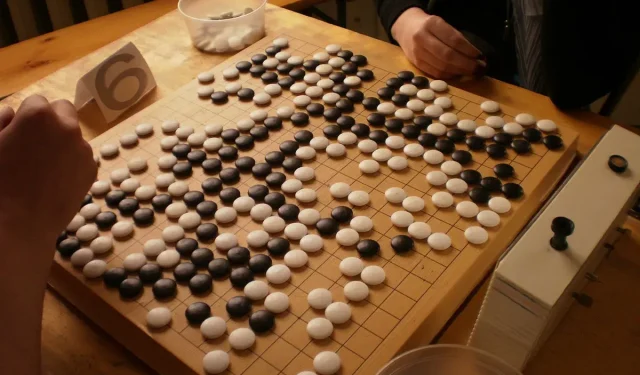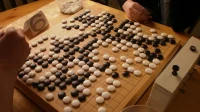Artificial intelligence has pushed Go players to become more creative, which may seem unexpected, but is quite easy to explain.
A few weeks ago, an amateur Go player defeated one of the most advanced artificial intelligence (AI) systems in existence today. And to do this, he used a strategy developed with the help of another AI designed to find flaws in these artificial players. As it turns out, this victory is just one aspect of the true renaissance of Go, which has seen human players become ever more creative since AlphaGo won in 2016.
AI forced Go players to become more creative
In a recent study published in the journal PNAS, researchers from the City University of Hong Kong and Yale University found that Go players have become increasingly unpredictable in recent years. As New Scientist explains, the scientists came to this conclusion after analyzing a data set containing at least 5.8 million Go moves made during professional games between 1950 and 2021. and evaluate the quality of each move, they created a statistic called the “Decision Quality Index” (DQI).
By assigning a DQI to each move in their dataset, the team found that prior to 2016, the quality of professional games improved very little from year to year. At best, the team records an average positive DQI change of 0.2. In some years, the overall quality of games even declined. However, since the advent of artificial intelligence in the game in 2018, median DQI values have changed by sometimes more than 0.7. Over the same period, professional players have used more innovative strategies. In 2018, in 88% of games (compared to 63% in 2015), players used never-before-seen combinations of moves.
Surprising Conclusion
“Our results show that the development of AI programs pushed human players to move away from traditional strategies and explore new tactics, which, as a result, could improve their decision making,” writes the author of Crew.
While this is an interesting change, it doesn’t make sense when you think about it. As Professor Stuart Russell of the University of California at Berkeley told New Scientist, “It’s no surprise that players who train against machines throw more punches that surprise the same machines.”


